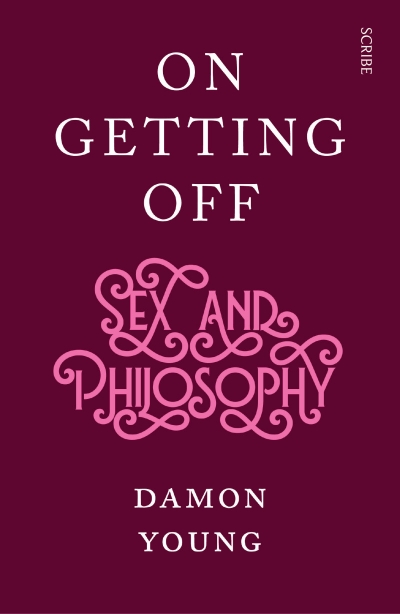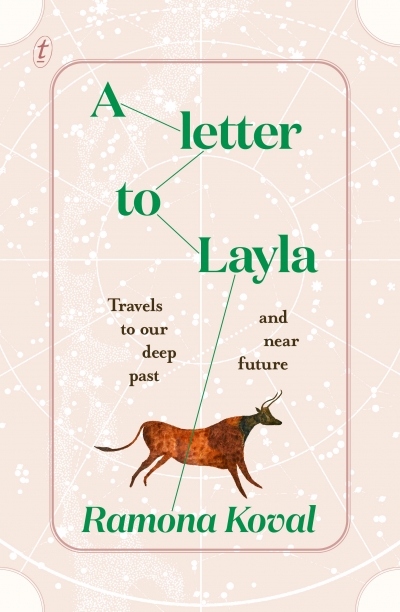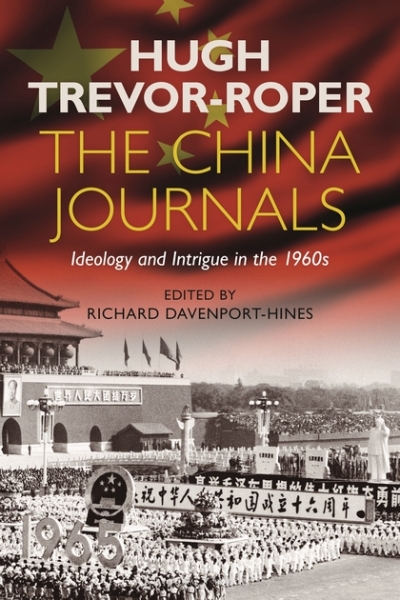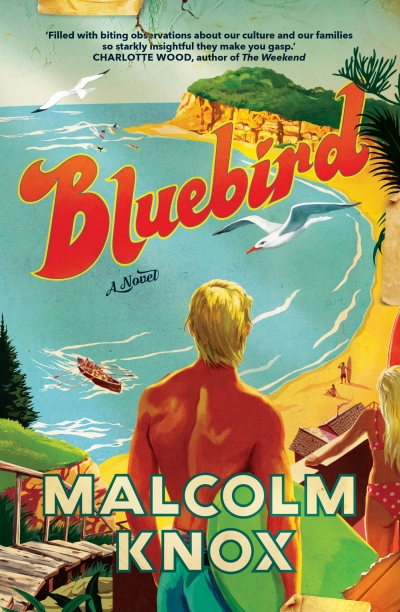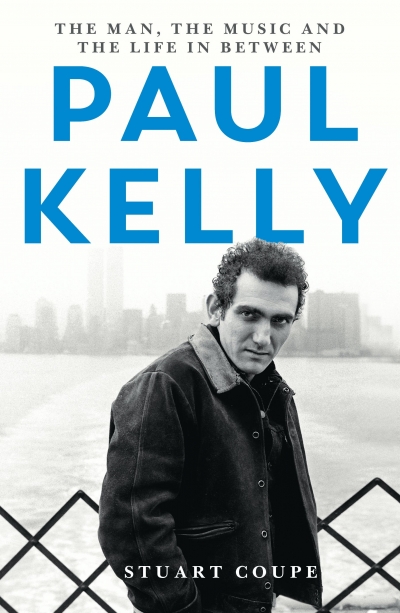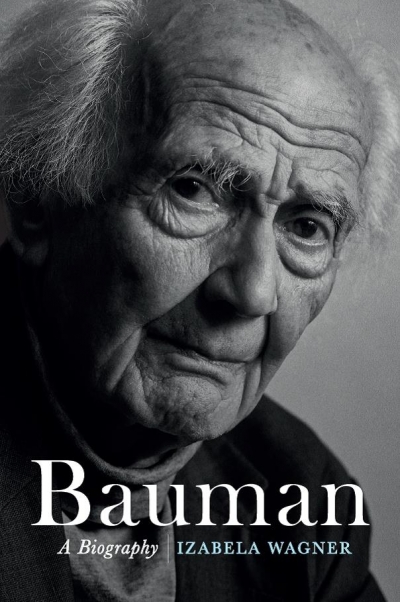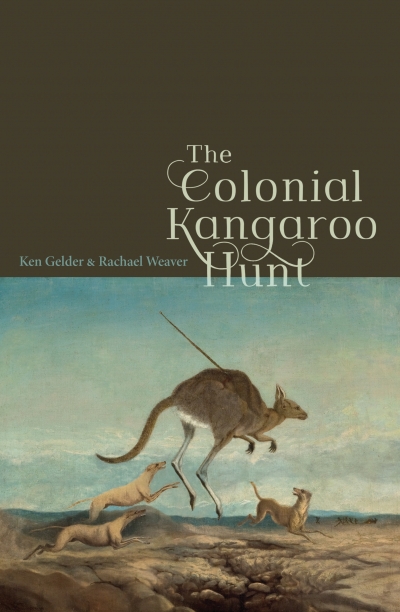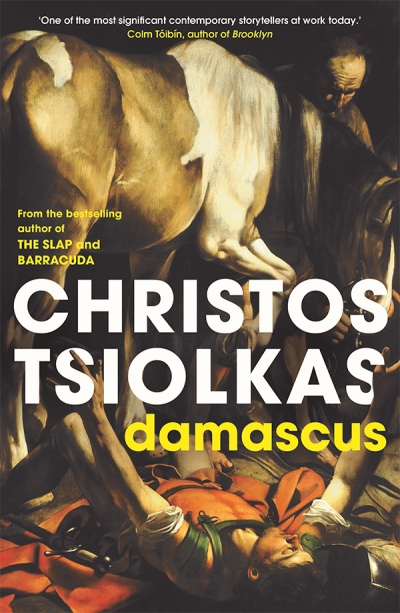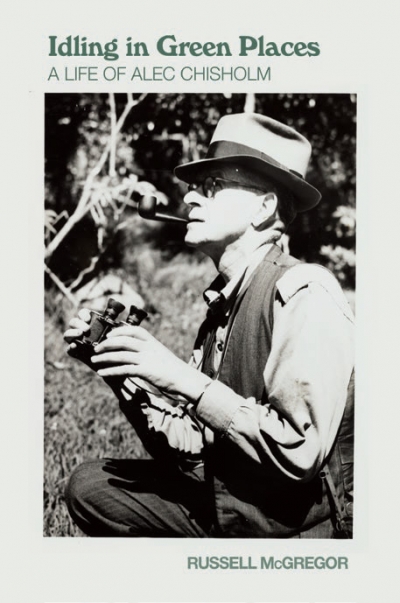SA contributor
Dystopias, apocalypses, and postapocalypses have been part of Young Adult literature long before ecological disaster became the prevalent social narrative. They give writers a chance to indulge the youthful desire to upset the table and start over, rather than partake in the tedious and often fruitless work of actual progress. Blowing stuff up is far more exciting than endless meetings or political discussions. Asphyxia’s Future Girl, Amie Kaufman and Meagan Spooner’s The Other Side of the Sky, and Charlie Archbold’s Indigo Owl each deal with the end of the world and how young people navigate it.
... (read more)A Letter to Layla: Travels to our deep past and near future by Ramona Koval
by Danielle Clode •
The China Journals: Ideology and intrigue in the 1960s by Hugh Trevor-Roper, edited by Richard Davenport-Hines
by Nicholas Jose •
Paul Kelly: The man, the music and the life in-between by Stuart Coupe
by Kerryn Goldsworthy •
The Colonial Kangaroo Hunt by Ken Gelder and Rachael Weaver
by Danielle Clode •
Idling in Green Places: A life of Alec Chisholm by Russell McGregor
by Danielle Clode •

